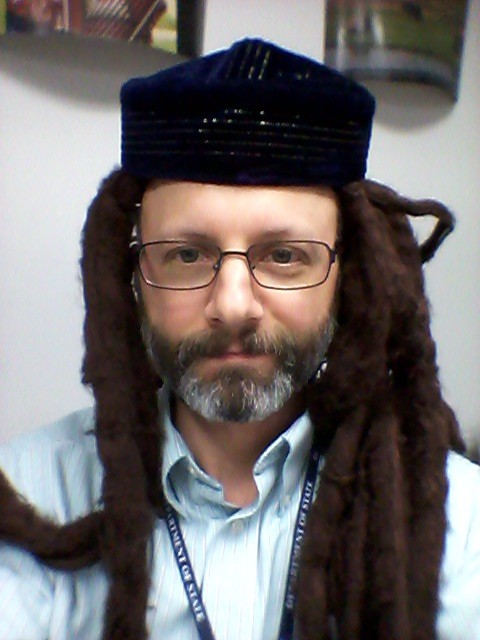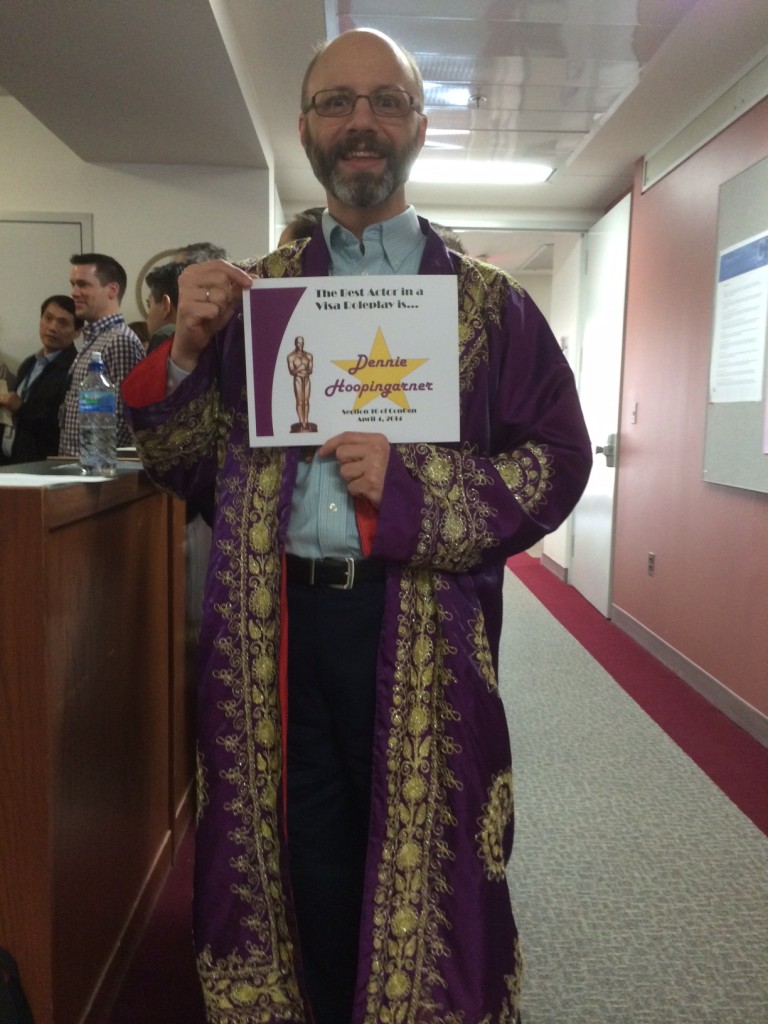…but when you go to another country, you are subject to the laws of that country. Apparently, consular officers often have to break that news to U.S. citizens abroad. The breaking of this news often happens when the U.S. citizen is sitting in a foreign jail cell.
“Get me out of here,” they often say to the visiting consular officer. That isn’t going to happen.
This week is the final week of my consular training. This week’s topic is the “special services” that we will perform for U.S. citizens abroad. Unfortunately, the times when U.S. citizens are most likely to interact with their embassies abroad is when they get into trouble. The U.S. embassy is sort of like the diplomatic emergency room for U.S. citizens.
Today in class we learned about prison visits. The instructor told us that when incarcerated U.S. citizens see a consular officer from the embassy visit them in jail, their first request is commonly “get me out of here.” Of course, remembering the first sentence of this blog post, you know that this does not happen. Regardless of what some people might think, diplomats really don’t have the power to spring people from foreign jails.

Believe it or not, this was our classroom today. The bars are real, the rat is fake.
What we can do is to make sure that they are healthy, safe, fed, that any medical issues are being addressed, and that their rights are respected. We are also conduits for communication with their family. We can tell prisoners about the local legal system, and give them names of lawyers, but of course we are not lawyers ourselves, and can’t give legal advise.
I have some experience in trying to help incarcerated people. My experience was as an interpreter for Chinese nationals in the U.S. The prisoners were often disoriented, confused, and didn’t have a clear understanding of their situation. Jails smell like despair. People who have been arrested and who are sitting in a jail cell are living in a nightmare.
I can remember talking with one Chinese guy right after he was arrested, when he was in court for his initial hearing of the charges in front of a judge. Before the judge entered the courtroom, I tried to build some rapport with him, and show some human kindness. His first question to me was: “where am I?” He had been arrested in one city, spent the previous night in a jail in another city, was appearing in a third city, and was going to be bussed to yet another city to spend that night in another jail.
He wanted me to call his sister in New York and let her know where he was. I cleared it with the D.A. and his court-appointed lawyer, and then made the call. I didn’t have any obligation to do it, but I could do it, and it seemed like the human thing to do, so I made the call. The fact that I thought he was guilty didn’t mean he wasn’t entitled to some human decency.
Even when working with people who were clearly guilty, I always sympathized with their circumstances. Â Regardless of the bad decisions that people make that get them arrested, being in jail is a scary experience. If I do prison visits when posted abroad, I’m sure that I will feel the same sympathy for the people in jail, and will try to do what I can to help them.
But I can’t get them out of jail, so if you’re ever arrested when abroad, don’t even ask.





